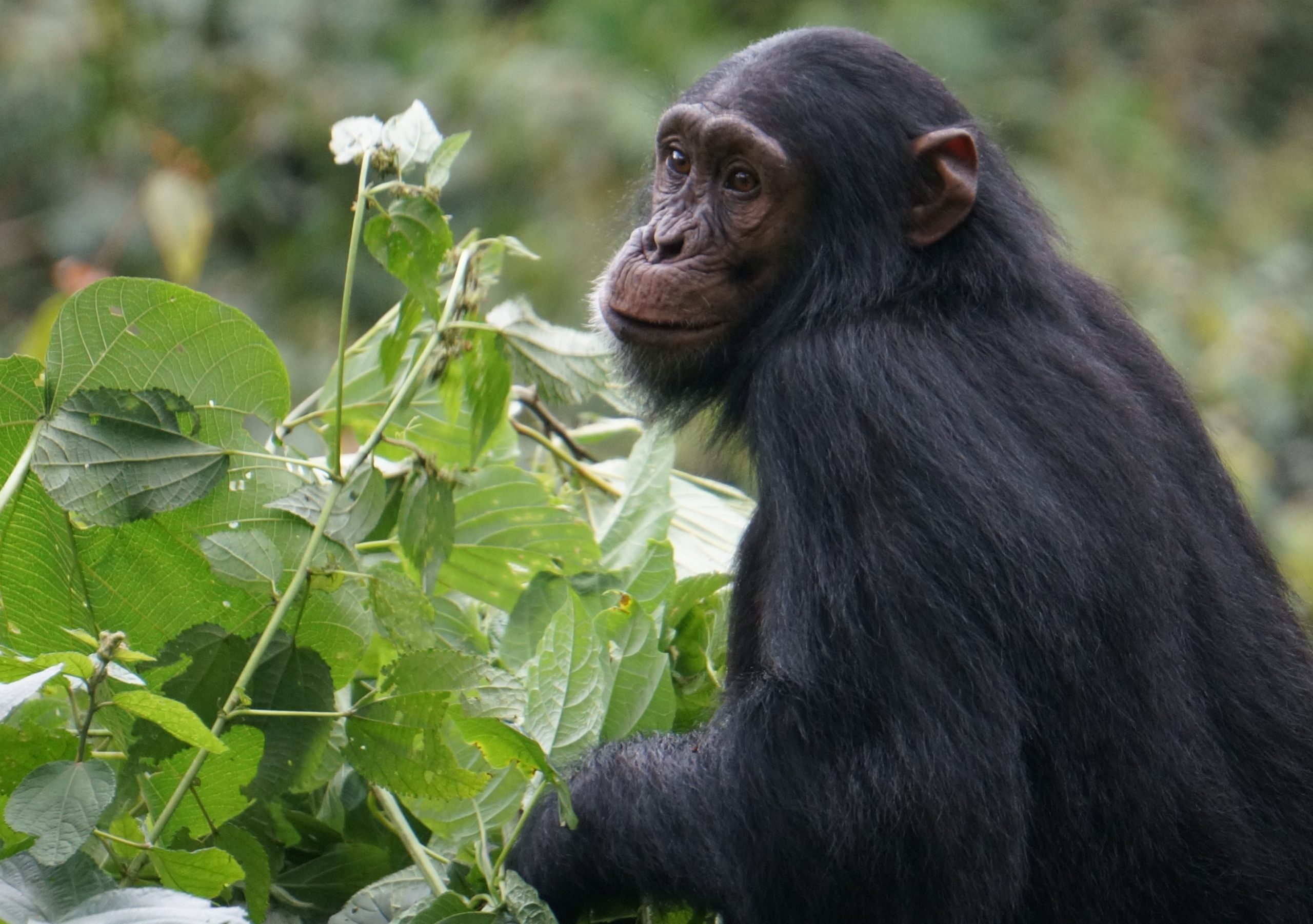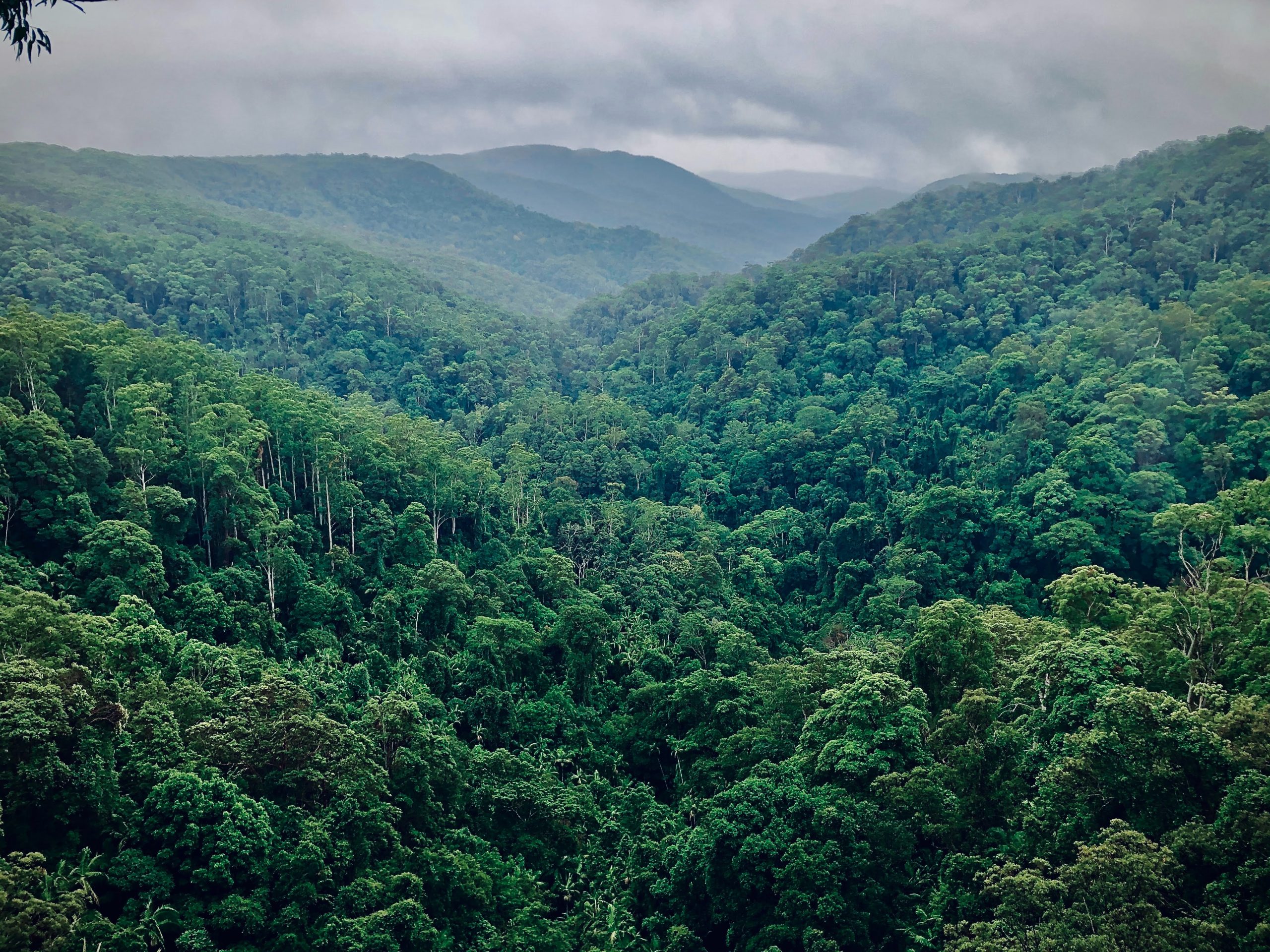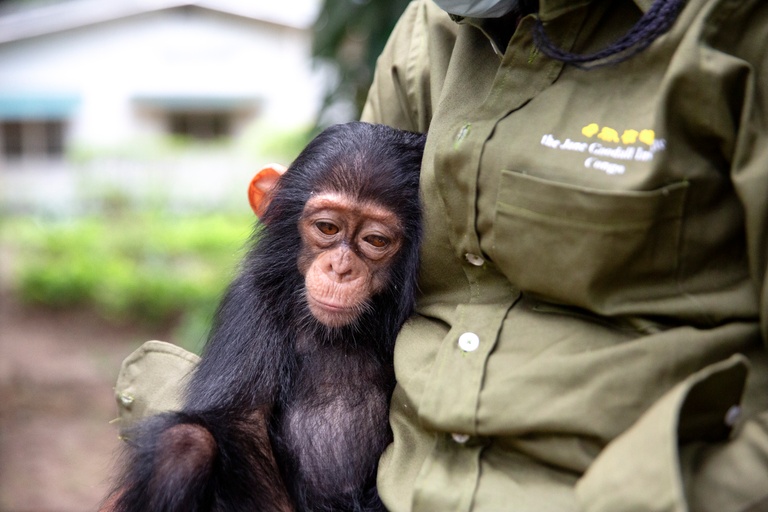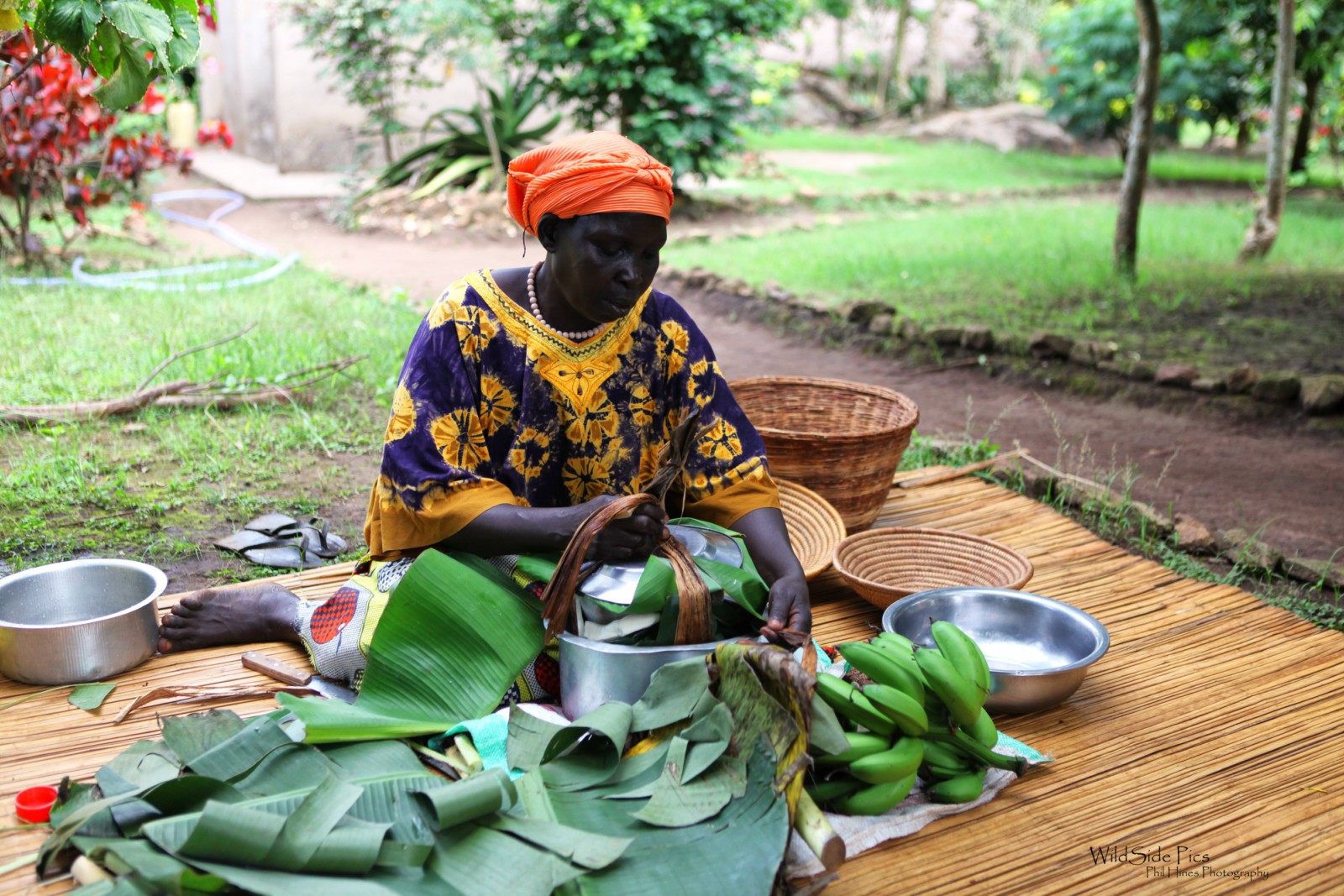50 – 80% of wild chimpanzees are expected to be lost by 2050 as a result of human activities.
Your support can help us change that.
50 – 80% of wild chimpanzees are expected to be lost by 2050 as a result of human activities.
Your support can help us change that.
The interdependence and indivisibility of nature conservation and human development means that, to protect chimpanzees, the people living in and around their habitats must have access to fundamental human rights such as food security, clean water, employment, renewable energy, education, healthcare, and economic resources.
Through our Africa Programs, we’re realising our vision of healthy, stable, viable, and culturally and ecologically diverse populations of chimpanzees living in peaceful coexistence with thriving human communities.
Our community-lead approach to conservation addresses both the underlying causes and manifestation of the threats that are pushing chimpanzees to the brink. We collaborate with local partners to mobilise the knowledge and resources the communities have identified as being key to them meeting their needs and living more sustainably.
Chimpanzees have slow reproductive rates and live at low populations densities, which can lead to rapid declines in their numbers when faced with threats. As chimpanzee population sizes shrink, their likelihood of long-term survival also decreases due to reductions in genetic diversity.
Because chimpanzees exhibit a broad array of ecological and cultural diversity across their range, conservation initiatives must be designed according to the specific context of each population to prevent further declines.
The Jane Goodall Institute Australia collaborates with communities, local NGOs, governments, and park management authorities throughout East Africa to:
Explore our wild chimpanzee conservation programs in Burundi


Large-scale conversion of forest to agricultural land, extractive industries, and the expansion of major transport infrastructure throughout Sub-Saharan Africa has diminished and degraded extensive areas of chimpanzee habitat. This has resulted in reductions in resource availability, subsequently leading chimpanzees to raid human crops. This in turn sparks an ongoing and sometimes fatal cycle of retaliatory human-chimpanzee conflict.
Much of the forest that remains has been broken into small, isolated fragments, limiting the ability of females (and their genes) to transfer into neighbouring chimpanzee communities upon sexual maturity as they normally would in continuous habitats.
The Jane Goodall Institute Australia collaborates with communities, local NGOs, governments, and park management authorities across East Africa to:
Explore our chimpanzee habitat protection programs in Burundi
Almost 1000 orphaned chimpanzees are housed in sanctuaries across Sub-Saharan Africa. Most of them were rescued from the illegal pet and bushmeat trades, or from being kept illegally at private homes or businesses.
The Jane Goodall Institute’s Tchimpounga Chimpanzee Rehabilitation Centre provides nearly 150 rescued chimpanzees with the safe, secure, and stimulating home they deserve. We also collaborate with a local NGO and government bodies to improve the welfare of captive chimpanzees in Burundi.
Explore our captive chimpanzee welfare programs in Burundi
Explore our captive chimpanzee welfare programs in Republic of Congo


Nearly one-quarter of Ugandan girls aged 12 – 18 years drop out of school at the onset of menstruation. For those who continue to attend school, absenteeism increases from 7% to 28% during their period.
Absenteeism often results in poorer academic performance. When girls struggle to achieve good grades, cultural norms often lead parents to force their girls out of school and into marriage to reduce their financial burden. Girls that marry and bear children at young ages are more likely to stay trapped in the cycle of poverty than those who delay marriage and children.
In Uganda, poverty is a major driver of natural resource exploitation, leading to the large-scale loss and degradation of chimpanzee habitats.
The Jane Goodall Institute Australia works in partnership with the Jane Goodall Institute Uganda, communities, and schools to: